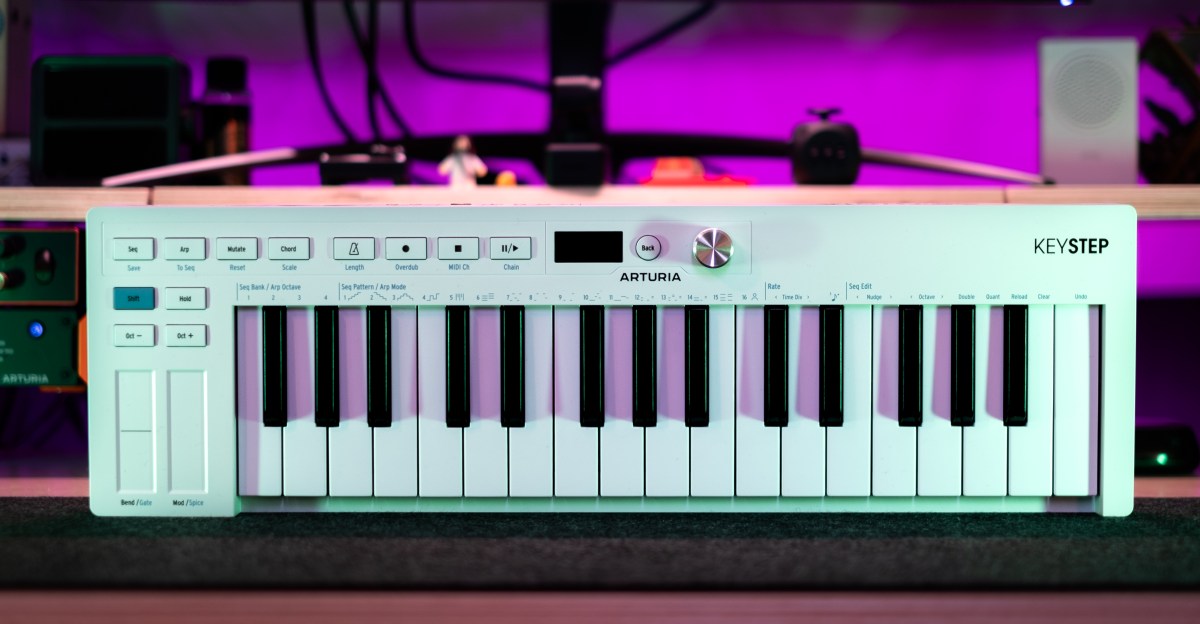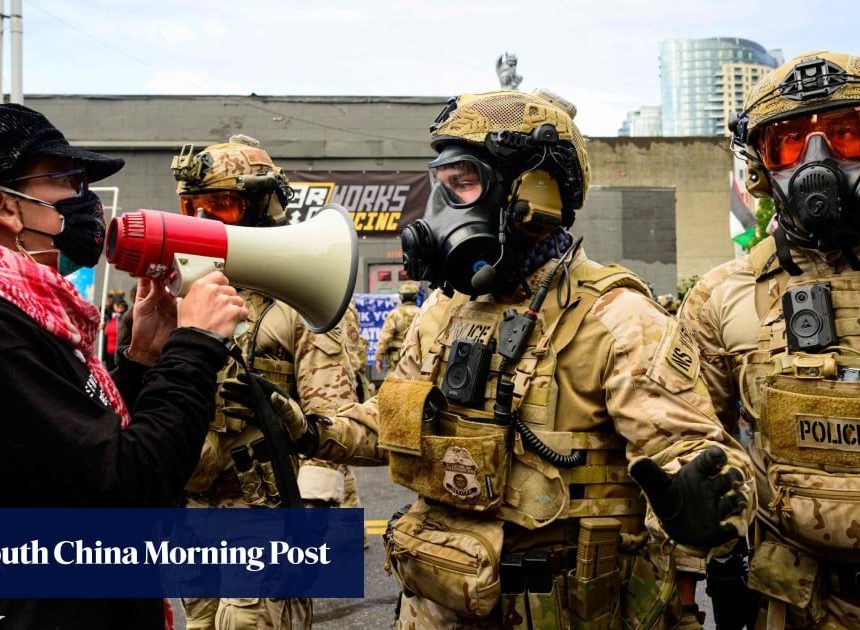This is the last article I will write before one of two things happens: my boat reaches Gaza, or Israel seizes it. We hope to arrive on 9 October, having been at sea since 27 September. Last week, Israel abducted the crew on the first Global Sumud flotilla the night before it had been due to land and deliver its aid. That is probably the same point that Israel will try to seize our Thousand Madleens and Freedom Flotilla Coalition boats, too.
Our second flotilla has kept sailing amid all the news of what has happened to the first one. We were just off Cyprus, getting ready for a night watch overshadowed by a loud unidentified drone, when we heard Israel had illegally commandeered the two main Sumud boats in international waters. The following morning, I washed a pile of plastic bowls in the sink while checking my phone: one by one, Israel seized the rest of the flotilla.
On my boat, this news has only made us more determined. We have work to do: a ship to navigate through temperamental weather with seven people living in close quarters, and aid to deliver. Keeping up with the first flotilla has helped us establish what we might expect, but it has not dented our resolve to continue.
At this point of sailing, I’ve settled into a routine. I sleep from 11pm to 2am, get up for my night shift until 5am and then manage another two hours of sleep afterwards, bringing the total to five. More is impossible between the turbulent waves and the constant interruptions of communal living. My bed is a slim mattress above the couch in the common area; I get dressed inside my sleeping bag each morning while someone makes coffee at the kitchenette a metre away. There are aspects of living with six other people on a 40ft boat that take, to put it mildly, getting used to. You can’t stay put anywhere for long without getting in someone else’s way.
But we do all get along well. The common goal helps, as does our sailors’ expertise: they know what they’re doing, which creates an infectious calm.
The medicine and baby formula packed in the stern cabin and cockpit of our boat will save lives if Israel doesn’t abduct us. “I assume you see this mission as symbolic, since they’ll certainly stop you,” an interviewer said to me last week. Perhaps that’s how it seems from far away. But when you’ve sailed for more than a week with aid all around you, knowing exactly where it’s stored, it’s impossible not to keep hoping you will reach those who need it.
Yet aid is not the ultimate point of the flotilla, nor the ultimate point of the Palestinian cause. Israel likes to ask why we don’t “just” let them distribute our supplies. Besides there being good reason to distrust that this would actually happen when Israel has been deliberately starving Palestinians for two years, doing so would tacitly concede that Israel has the right to control Palestinian waters.
Further details of the Sumud flotilla emerged over the weekend: that the abductees had been trafficked to Ktzi’ot prison in the Negev desert. That they were being processed as illegal immigrants, despite having been forcibly transferred to Israel from international waters. That Israel was denying them water, medicine and food, with degrading and sometimes violent treatment at the hands of its officers. On Monday, it was reported that 341 activists had been deported, with 138 still in detention.
This is horrific – but nowhere near as bad as the abuses faced by Palestinians in the same prison. Thaer Abu Asab, 38, was allegedly beaten to death in 2023 after refusing to bow his head to guards; 19 officers were investigated and none charged. Human rights group B’Tselem has documented widespread torture and sexual violence in the detention centre. The international outrage we’ve seen over the treatment of flotilla participants is necessary and justified. But where was it for Palestinians in all those decades of barbaric Israeli conduct?
I look across the endless blue sea each morning, and at the sinking amber moon before the next dawn’s rise, and know that my boat’s liberty to navigate such vastness reinforces the importance of not treating this mission as charity. Palestinians do not yet have freedom, and our own freedoms will be compromised until they do. That’s why we’re sailing. It’s that simple.


